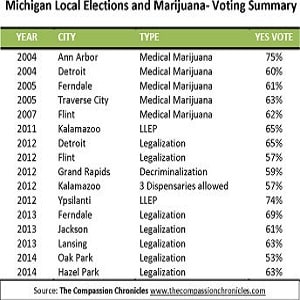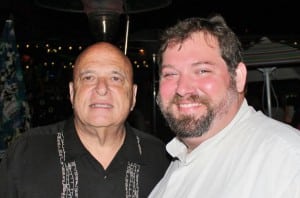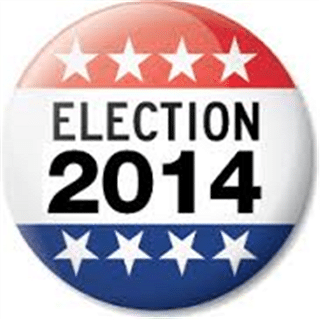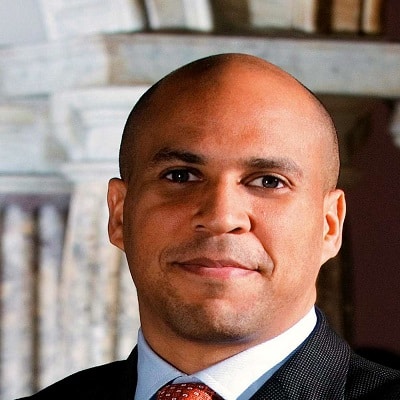 America will see 17 votes for marijuana legalization during the 2014 general election in November: the states of Oregon and Alaska, the District of Columbia, and 14 individual cities in Michigan.
America will see 17 votes for marijuana legalization during the 2014 general election in November: the states of Oregon and Alaska, the District of Columbia, and 14 individual cities in Michigan.
August 12 was the deadline date for those Michigan cities to confirm the ballot proposal language for the November ballot. All 14 cities agreed to put the issue before the voters, but one city- Montrose- will refrain from forwarding their ballot proposal to the County Clerk until after a meeting of the Council on Thursday evening, August 14.
Although that delay could force petitioners to engage in legal action to secure the issue on the Montrose election ballot, observers believe the process will be complete without court appearances.
“We are very excited,” said Chuck Ream, co-founder of the Safer Michigan Coalition (SMC) and this year’s recipient of the High Times Lester Grinspoon Lifetime Achievement Award. SMC has sponsored or been involved in each of 2014-s successful ballot proposals.
Two votes have already been taken in Michigan this year and in both cases, marijuana legalization won. Voters in the the twin Oakland County cities of Oak Park (53% approval) and Hazel Park (63% approval) cast their votes during the August primary election.
Those dual victories raise the total of Michigan’s successful local marijuana law reform measures to a perfect 16 – 0 in the last decade. The state could nearly double that number in November; along with the 14 legalization issues, one city- tiny Utica- will vote on a Lowest Law Enforcement Priority measure to support marijuana users, too.
Currently, 1.3 million Michigan citizens live in cities with legalized or decriminalized marijuana laws. Should the 14 proposals all be approved this year, which is expected, that number will grow by 200,000.

In each of the 14 local elections the proposals would allow use, possession and transfer of marijuana by all adults 21 and over on private property. Most cities allow a one ounce possession limit; in Harrison and Clare activists made the quantity match the legal limit for the state’s medical marijuana patient population, which is 2.5 ounces.
Cities that did qualify to appear on the November ballot: Saginaw, East Lansing, Port Huron, Mt. Pleasant, Berkley, Lapeer, Huntington Woods, Clare, Keego Harbor, Pleasant Ridge, Harrison, Montrose, Frankfort and Onaway.
Earlier this year petitioners from the Safer Michigan Coalition had to sue Oak Park to place the issue on the August ballot. Michigan citizens derive the ability for the petition process from the Michigan Home Cities Rule Act, part of which reads that the Governor and Attorney General have to approve ballot proposals. That language stands in conflict with specific election law that states if petitions are collected and signatures are verified, the issue MUST be placed before the voters. East Lansing officials are dragging their feet in the delivery of an official approval, but they too will have to comply with election law or face attorneys and the media.
Cities that try to use the Act to refuse ballot proposals have lost those battles in the past. The state capital, Lansing, legalized marijuana last year over the objections of both the AG and Governor. Each submitted a letter reiterating their objections while admitting their impotence to halt the flow of the balloting process. Similar letters were sent this year to cities that requested guidance. “Cities are getting the message- you can’t interrupt the process,” Ream explained.
Although inconvenient and expensive, the 2014 Oak Park lawsuit probably deterred other cities from using similar stalling tactics. Others have tried, too. Saginaw, East Lansing and Clare have all made noise about needing a letter from state officials approving the ballot question before they can allow votes to be cast.
None of those cities were successful in stopping their ballot proposals but other cities were. Ritzy Grosse Pointe Park rejected hundreds of signatures because of a typo on the petition, and an attempt to legalize an entire county- a state first- was unsuccessful due to legal challenges mounted by the Benzie County authorities. Portage collected thousands of signatures, but many were rejected and the effort fell short by a few hundred. Both Portage and Grosse Pointe Park will use their collected signatures to launch legalization campaigns in 2015.
“Michigan is the new battleground for marijuana legalization in America,” said Jamie Lowell, Chair of the Michigan chapter of Americans for Safe Access (ASA). “It’s becoming increasingly obvious that in Michigan, the only way to fully protect medical marijuana patients is to make cannabis use legal for all adults.”


Source: TheCompassionChronicles.Com



